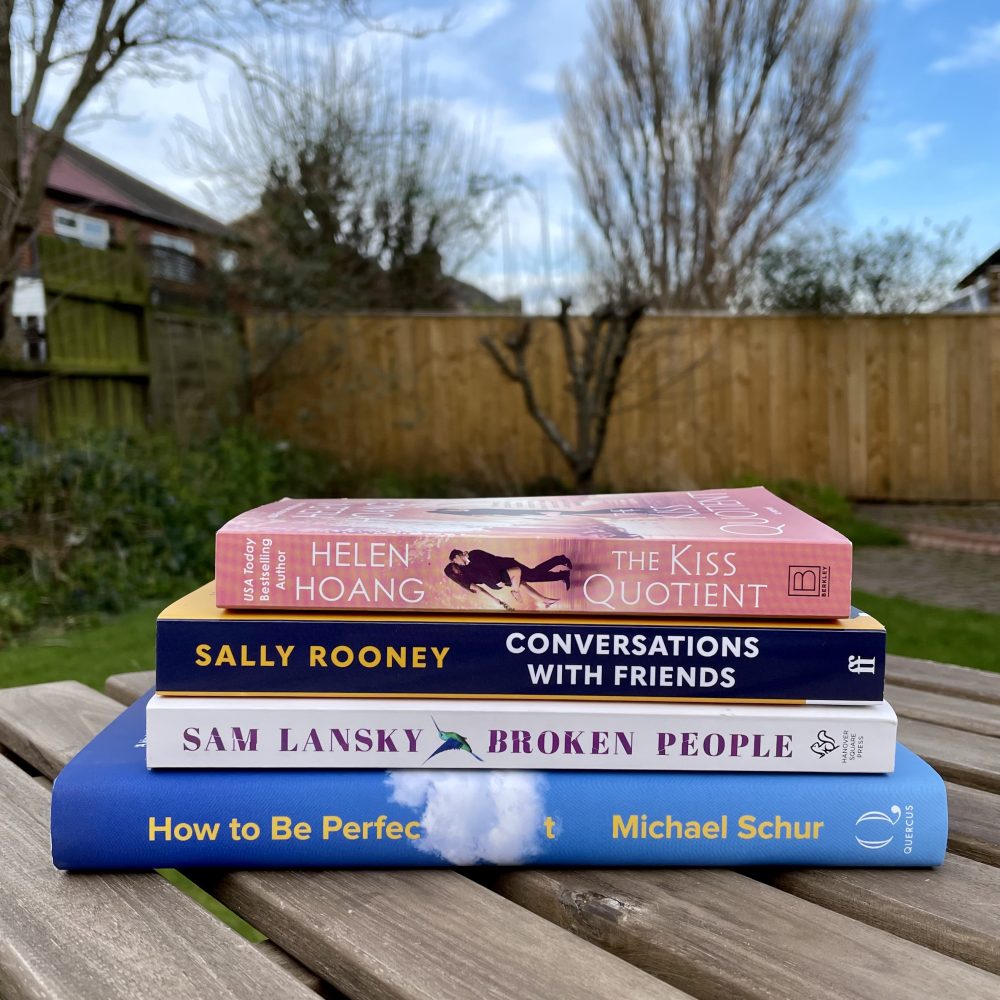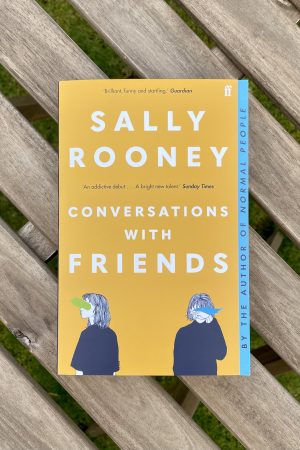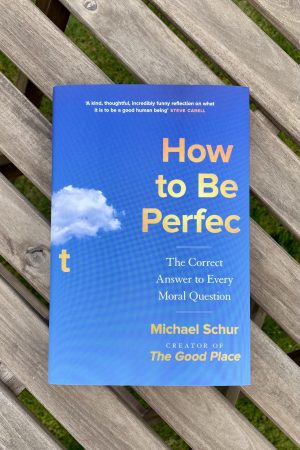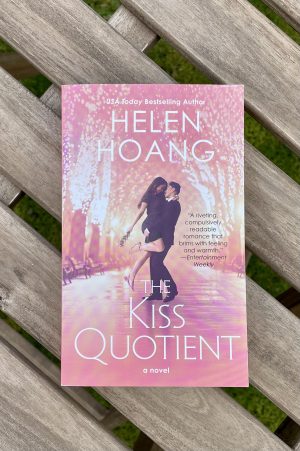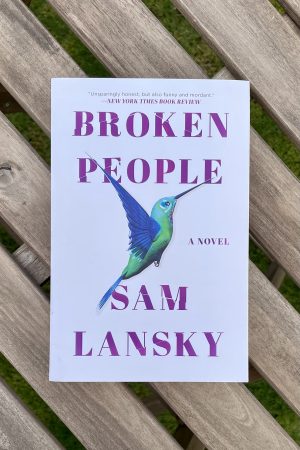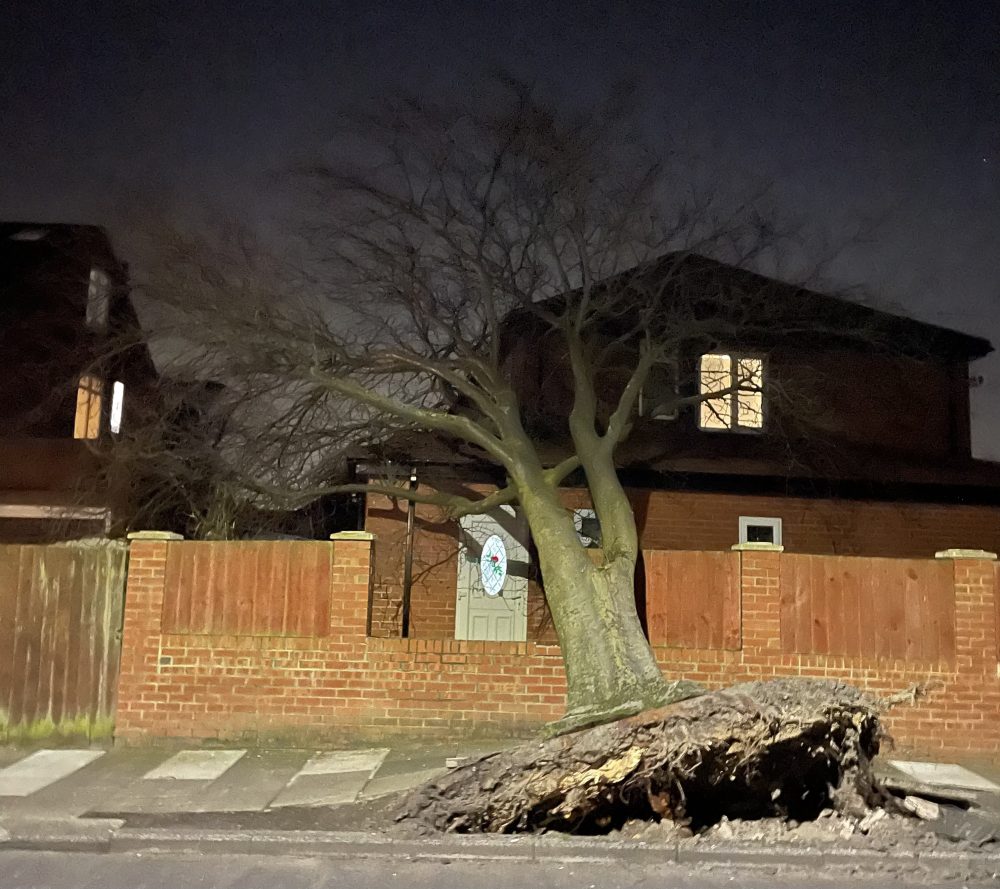28 things I learned in February 2021
1: Lego streets have become worse for pedestrians and cyclists over the years, not least as cars and roads have widened at the expense of footpaths. But things are looking up.
2: I have long believed that TV detector vans were essentially distractors for more basic modes of TV detection such as looking through windows, but I was wrong: they had proper kit in them which could detect TVs and support applications for search warrants.
3: It might be time for those who peer review papers for publication to rebel.
4: One of the fundamental principles in outbreak management, and in incident management, is having clear lines of accountability. If I’m managing a multiagency outbreak, I have a little spiel on the topic that I give at the start of each incident management meeting, accountability for decisions is clearly documented in minutes and a section on “legal considerations” appears on every agenda for good measure.
And yet, when it comes to the national response, “we have not been able to identify who [in the Department of Health and Social Care] was accountable for major decisions, particularly where PPE is concerned.”
5: I walked past this van and thought: “What on earth is futsal?”
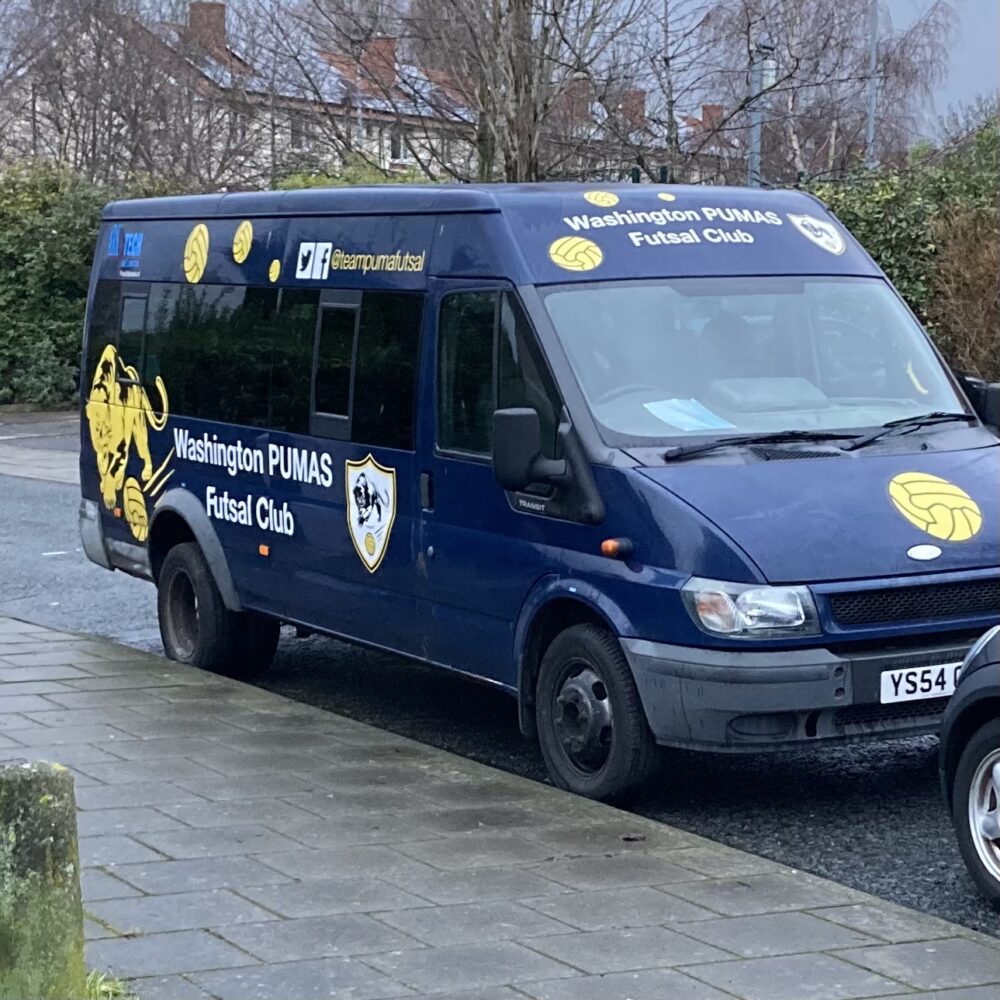
I inevitably ended up perusing the Wikipedia entry, and—having got a few paragraphs down—GCSE Spanish lessons, which often seemed to mention futsal, came flooding back.
6: There’s a line in Shuggie Bain about the smell of static electricity from TV screens, something I haven’t thought about in years. It reminded me of the unique power of olfactory memories.
7: Denis Norden, presenter of It’ll Be Alright on the Night, was the person who came up with the title Auntie’s Bloomers for the rival BBC show.
8: “The physician’s duty is not to stave off death or return patients to their old lives, but to take into our arms a patient and family whose lives have disintegrated and work until they can stand back up and face, and make sense of, their own existence.” It’s a few years since I read Kalanithi’s book; this blog post reminded me of the emotional experience.
9: Some people are making their own homemade covid vaccines. I wouldn’t recommend it, but it is a curious reminder of the full range of human responses to the offer of vaccines, from outright refusal to desperate home-brewing.
10: With knowledge of the treacherous frozen slush to come, it’s sometimes difficult to feel positive about snow. Yet there is something particularly beautiful about a fresh fall, and especially about the wintery quality of light it brings.
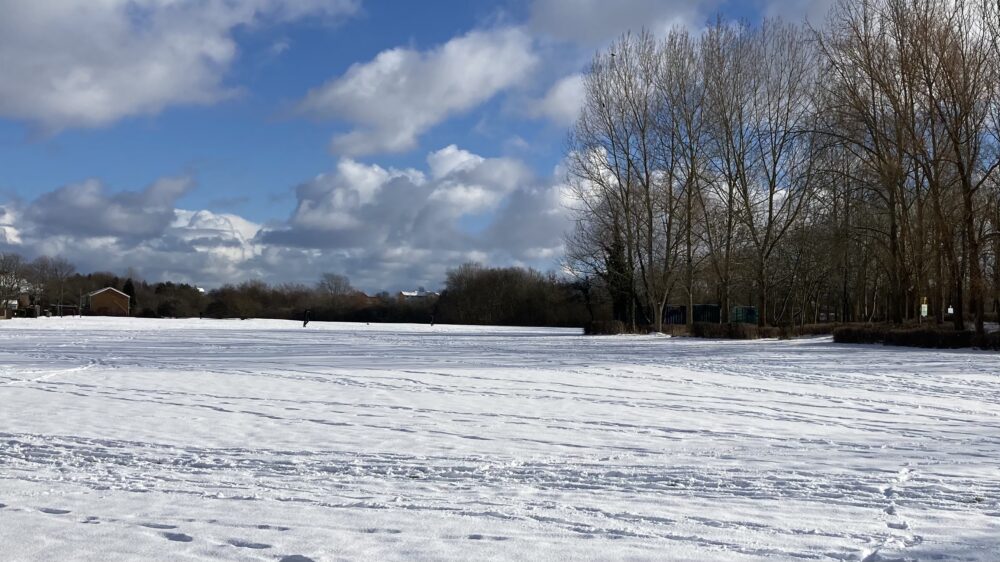
11: “A No 10 spokesman said: ‘Going on holiday is currently illegal.’”
There are moments when a simple sentence can just tip over into crystallising a bunch of feelings into something more like thoughts, and this Government line has proven to be one of those for me.
By nature, I’m quite libertarian: I don’t really like forcing anyone to do anything. This is quite an unusual proclivity in my specialty of health protection, but one which is shared (to a greater or lesser extent) by most of my immediate colleagues. I think better results are generally achieved through persuasion than through force, though of course a public health emergency like a pandemic is always going to require a multifaceted approach.
A little over a year ago, I was nothing short of astonished when returnees from China were (to all intents and purposes) forced to quarantine at Arrowe Park hospital: I remember suggesting in conversation with colleagues that this would turn out to be a “resignation issue” for the Secretary of State. Of course, I said, we should offer people supported quarantine. Of course, we should ask all returnees to quarantine at home at the very least. But of course we can’t force people. I was wrong.
So much has happened since then, much of it to my mind ethically questionable: do we really have informed consent from all care home residents for routine covid swabbing? If not, is it really in the best interests of each individual? Are we really sure we haven’t slipped into making “best interests” decisions on behalf of populations rather than individuals?—a slippery slope indeed.
We all now live under a level of legal restriction unprecedented in modern times, perhaps concordant with an unprecedented emergency. More than a hundred thousand people have died.
And yet: there is still something which sits discomfortingly about governments using on-the-hoof extreme restrictions as opposed to established ‘emergency’ approaches such as the Civil Contingencies Act. This is even more true in an era of populism and governments who have a history of riding roughshod over constitutional convention and legal limits on executive power.
Will we really find it simple to put the genie back in the bottle?
12: I know I’ve said it already, but would you look at the quality of the light?!

13: Both this podcast episode and this book make, in passing, a very clear argument about emissions being by far the most important ecological consideration of our times, and both, in passing, unflatteringly compare with the impact of most recycling. I’m really pleased to see clear communication on this, instead of a plethora of actions referred to as ‘sustainable this’ or ‘green that’ in a way that treats every action as roughly equal. I was also pleased to see that carbon offsetting, which I do all the time, is more effective than I imagined it to be!
14: When standing before the 1777 marble statue of Armand-Thomas Hue at the Frick Collection in New York, “try as you might, you absolutely will not be able to meet his eyes. I wonder if this was Jean-Antoine Houdon’s subtle aim, as it ultimately says more about his subject and is almost more of an artistic accomplishment than what he managed with Madame His—and also because it’s what most of us spend our lives actually doing.”
15: There are tens of roads named “Bow Street” in the UK, but it seems that the BBC considers the best way of writing about a Bow Street in Wales is through reference to one of the Bow Streets in London. It’s not hard to see why coverage like this is often judged to be inappropriately London-centric.
16: Copying and pasting between Apple devices is built-in.
17: Richard Smith reckons there have been 20 re-organisations of the NHS since 1999… and he ought to know. I haven’t even tried to keep count.
18: Energy efficiency ratings for household appliances are changing.
20: The Government has broken the law again.
21: How Daft Punk’s robot outfits were made.
22: Daft Punk have split. 😱
23: Spectacularly failing to learn a lesson from promising a Christmas easing of restrictions a month in advance, the Government has chosen to make itself a hostage to fortune once again by promising an easing of restrictions even more than a month in advance.
26: “Nothing can deceive like a document.”
27: Pigs can play computer games.
28: Brexit means Brexit “Your parcel is delayed due to a Brexit related disruption. We are adjusting delivery plans as quickly as possible.”
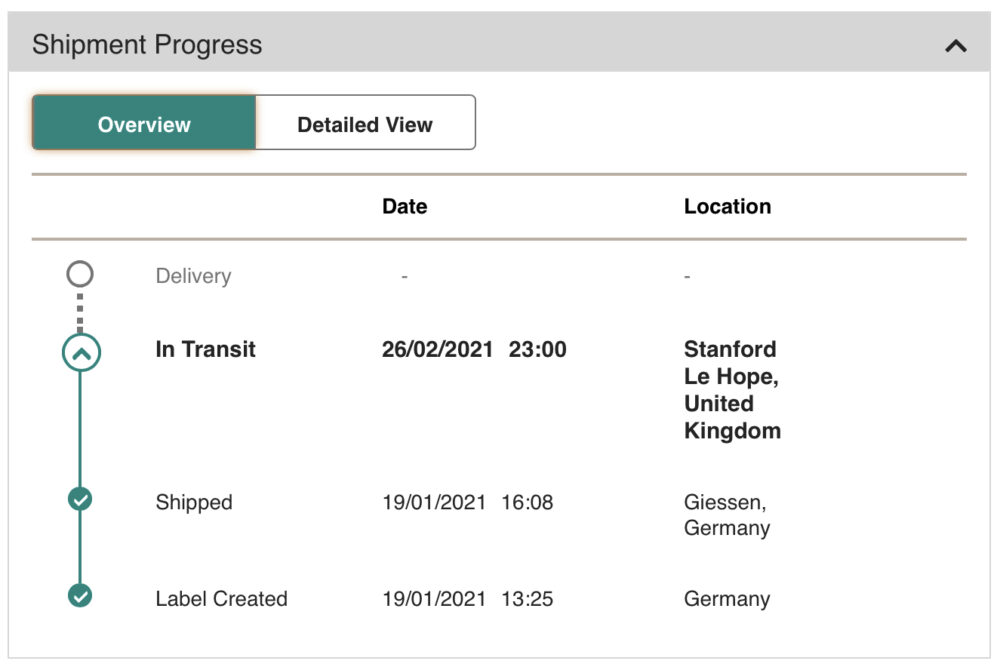
This post was filed under: Posts delayed by 12 months, Things I've learned.
